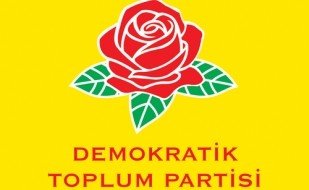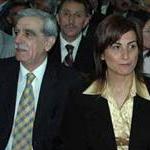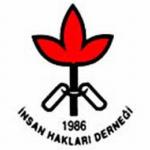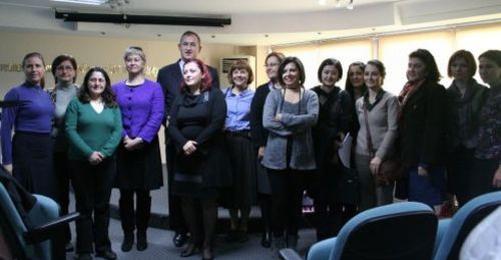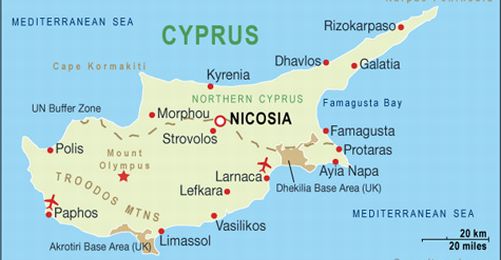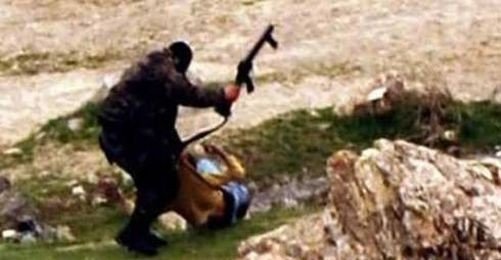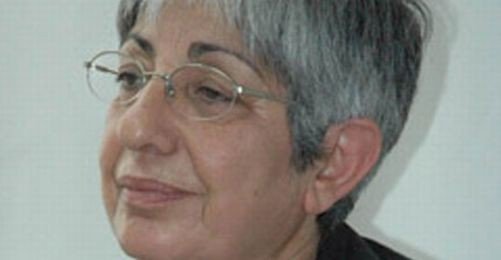The Prosecution of the Supreme Court of Appeals has presented its report in the closure case against the pro-Kurdish Democratic Society Party (DTP) to the Constitutional Court.
Prosecution calls for closure
In the report, it is argued that the DTP is the “political extension of the Kurdistan Workers’ Party (PKK), was founded on demand of PKK leader Abdullah Öcalan, and supports violence.”
Chief Public Prosecutor Abdurrahman Yalcinkaya has listed 221 party members, among them eight politicians currently serving as parliamentarians, to be banned from politics for five years. The eight MPs are Ahmet Türk, Aysel Tugluk, Fatma Kurtalan, Ibrahim Binici, Osman Özcelik, Sebahat Tuncer, Selahattin Demirtas and Sevahir Bayindir.
Kaplan:"Only words, no violence"
The Constitutional Court had accepted the prosecution’s indictment in November 2007. The DTP had asked for time and had presented a preliminary defense in February 2008. Hasip Kaplan said in the defense, “The only thing that has made use happy in this closure case is that it only reports utterances and statements of our members. There is no single act of violence. But we are faced with the worst indictment I have ever seen.”
Kaplan criticised the Political Party Law, saying that Articles 78, 80, 81, 101 and 103 violated the constitution. He added that all the members whose ban was being demanded would want to become joint plaintiffs in the case.
The next step will be for prosecutor Yalcinkaya to make a verbal statement, and for the DTP to reply in a verbal defense. Then a report will be prepared by a rapporteur. At this stage, extra evidence or defense material can be added.
Then the eleven members of the Constitutional Court will deliberate whether hte party should be closed. At least seven votes are needed to close the party.
Since 1963, the Constitutional Court has closed 24 parties. The DTP itself is a successor party to the Democratic People’s Party (DEHAP) which dissolved itself in 2004. It was founded in 2005.
Köker: Closure is no solution
Prof. Dr. Levent Köker, who has been involved in the redrafting of the constitution for the ruling Justice and Development Party (AKP), said that according to the new draft constitution it would be more difficult to close parties.
He told bianet that closing political parties prevented democratic debate. He pointed out that particularly parties connected to the Kurdish issue had been closed before.
Even if parties were closed, so Köker, individuals would no longer be banned from politics.
Not wanting to comment directly on the current case, he nevertheless said:
“Preventing the political representation of Kurds and the discussion of their demands just leads to postponing the issue.” (EÜ/AG)





